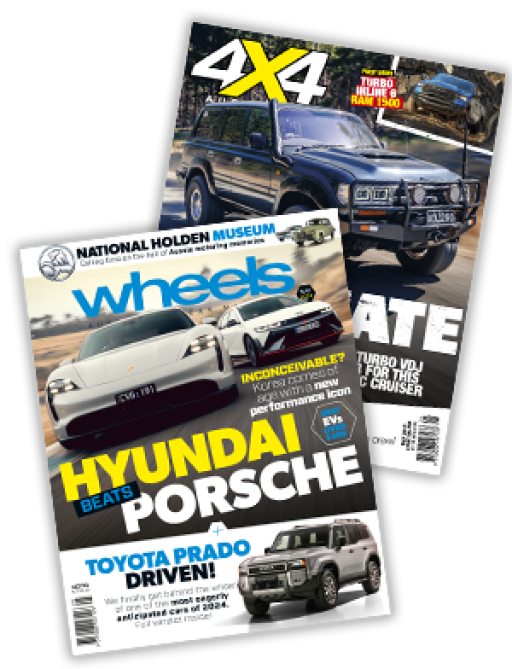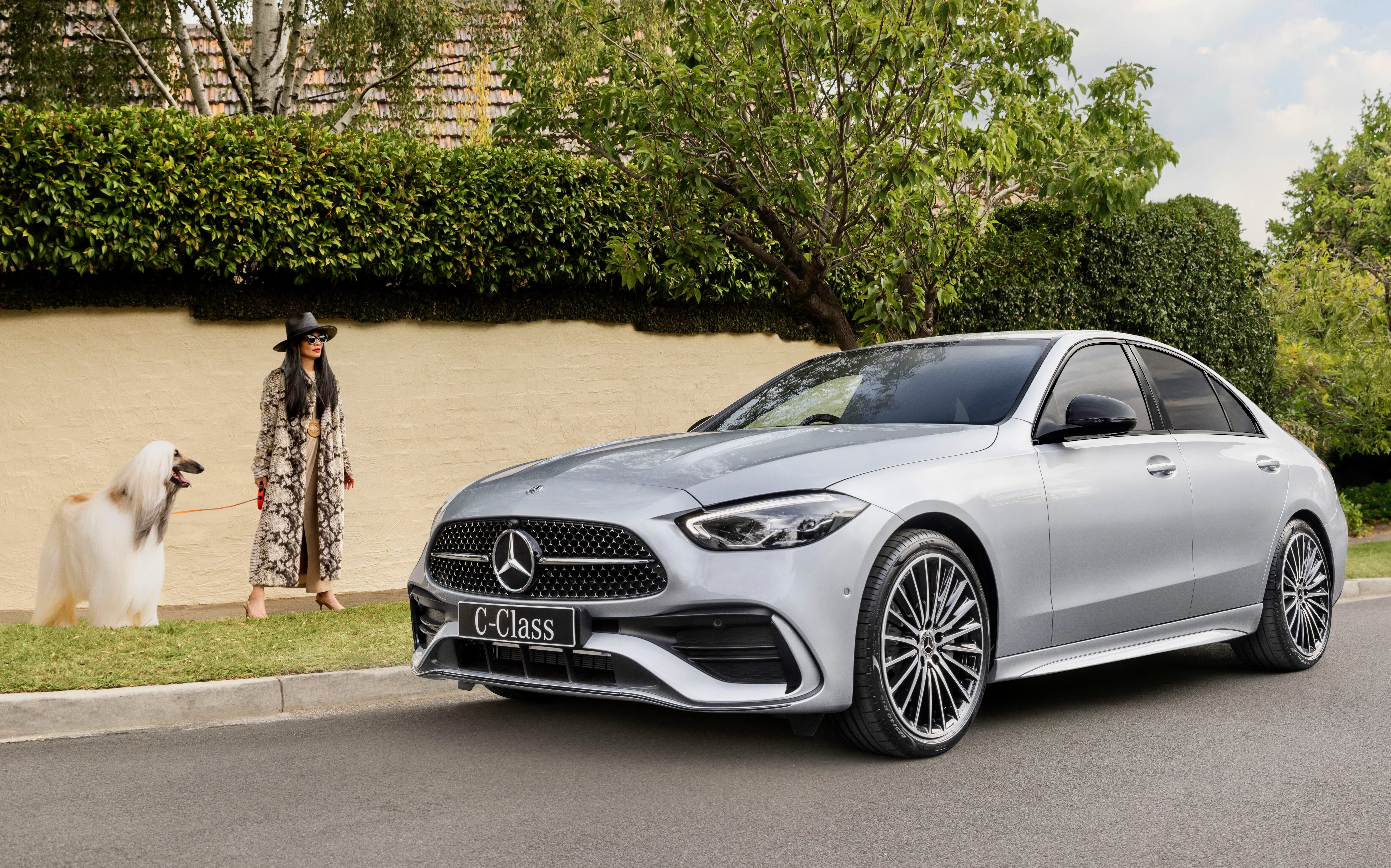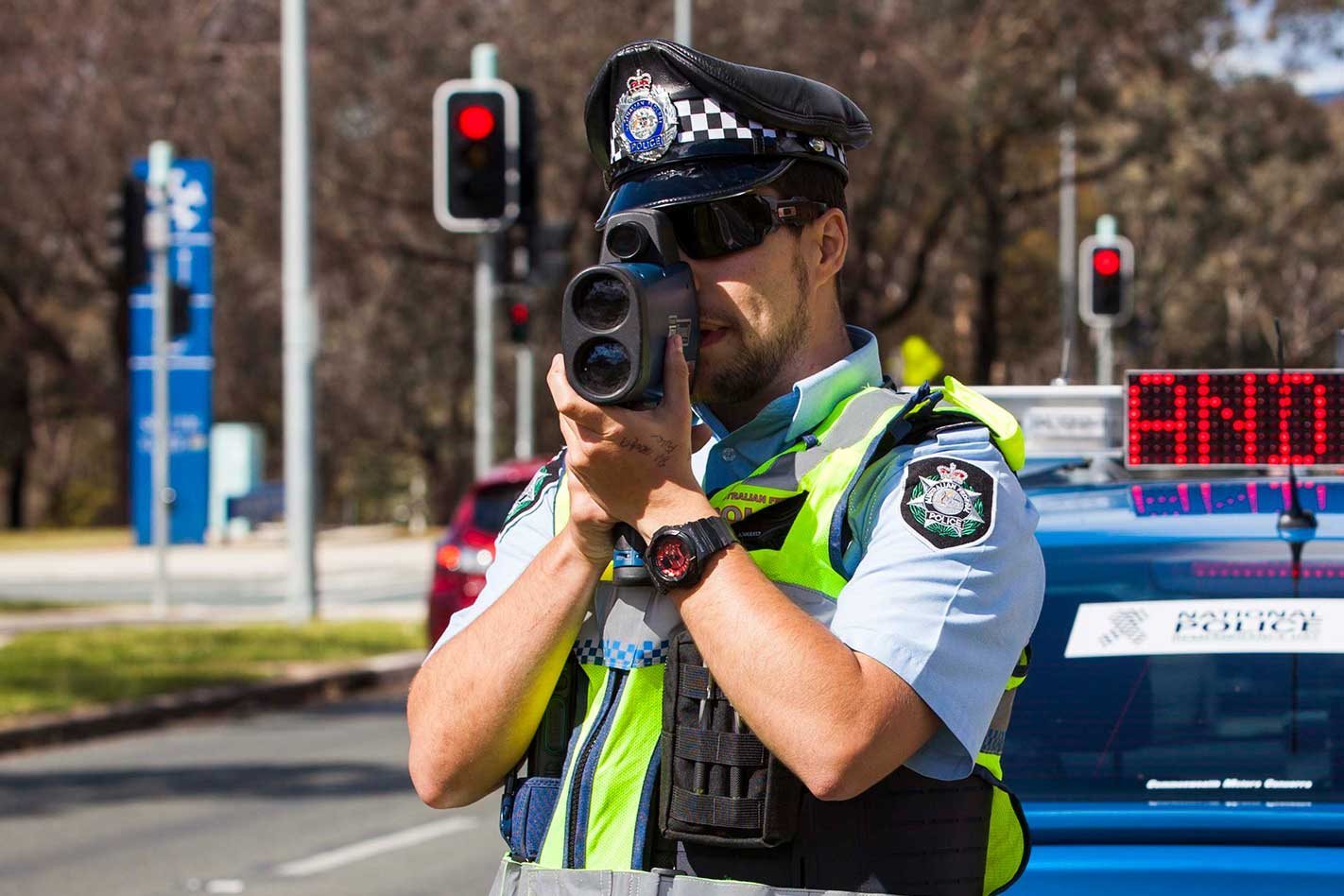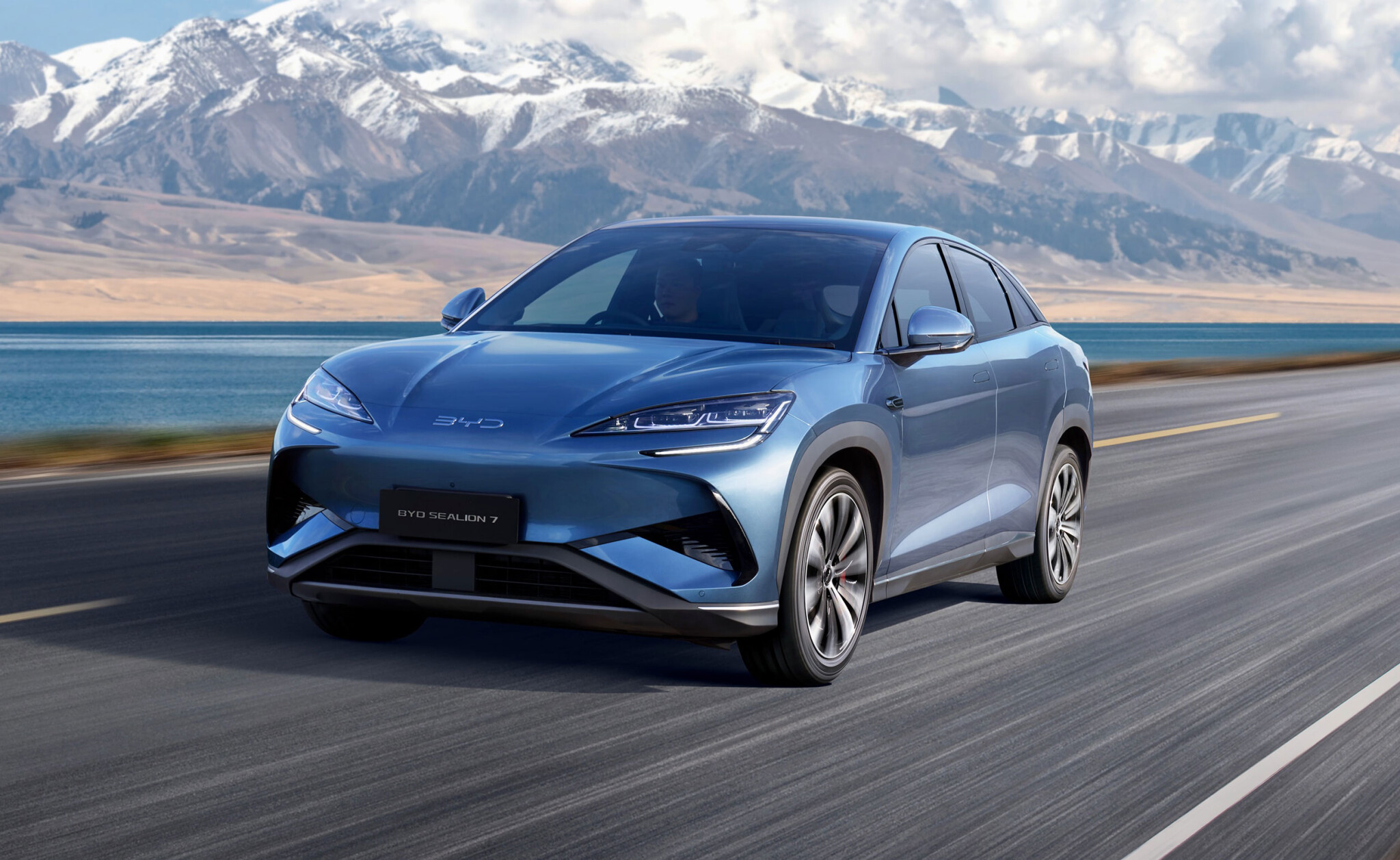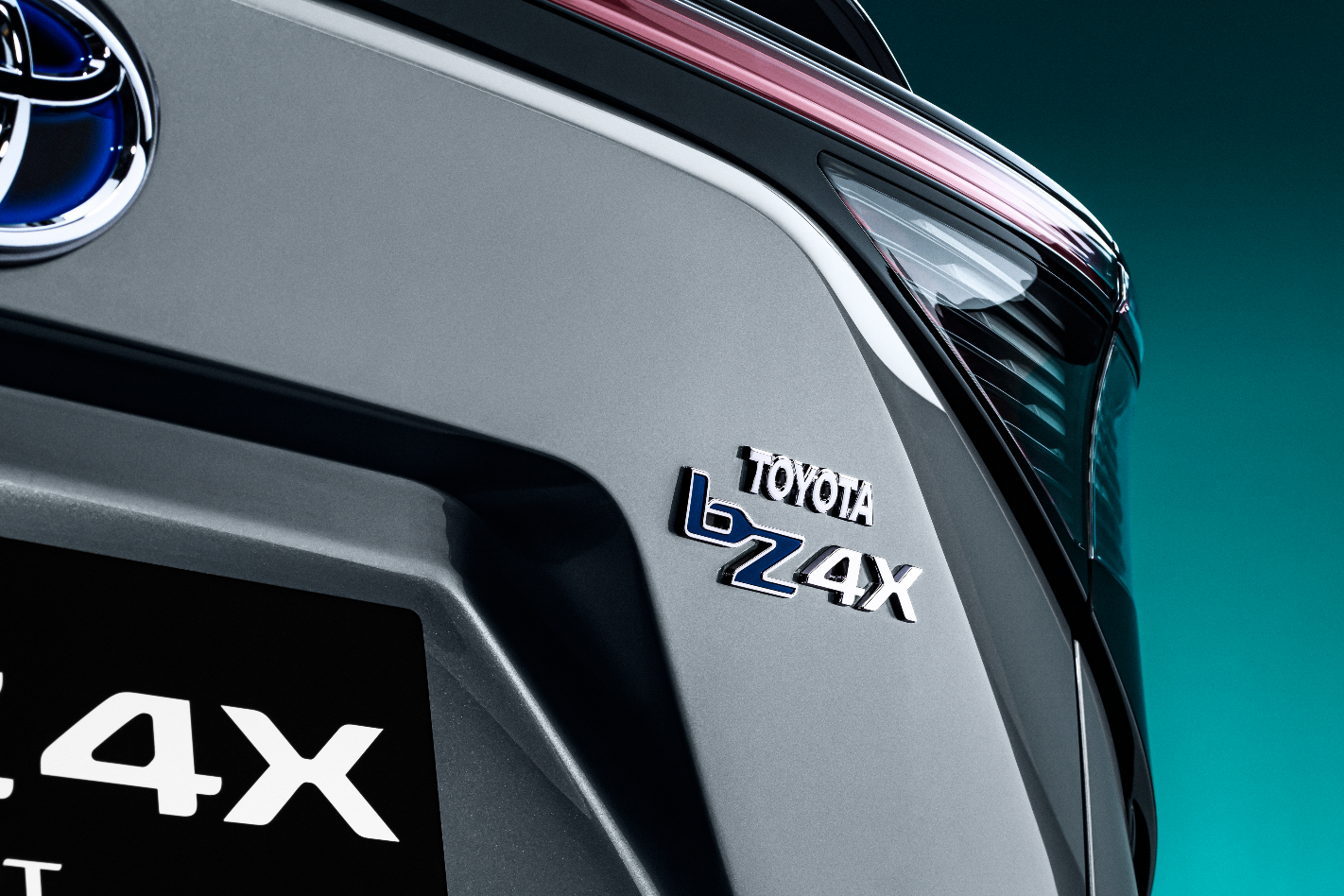
In The Race to Zero briefing paper, environmental advocacy group The Climate Council ranked the best and worst mainstream car manufacturers based on their promise to transition fully to battery-electric vehicles (BEVs).
The report slammed Isuzu and Toyota for not definitively committing to an all-electric fleet.
‘Mid-pack’ brands Ford and Volkswagen did well considering their scale, and Volvo Australia was praised for jumping ahead of global strategy.
The report praised Tesla and Polestar for already achieving 100 per cent BEV sales share – no surprises there.
“Some are still revving their engines on the starter’s block, and risk being lapped by the competition,” the Council’s report said.
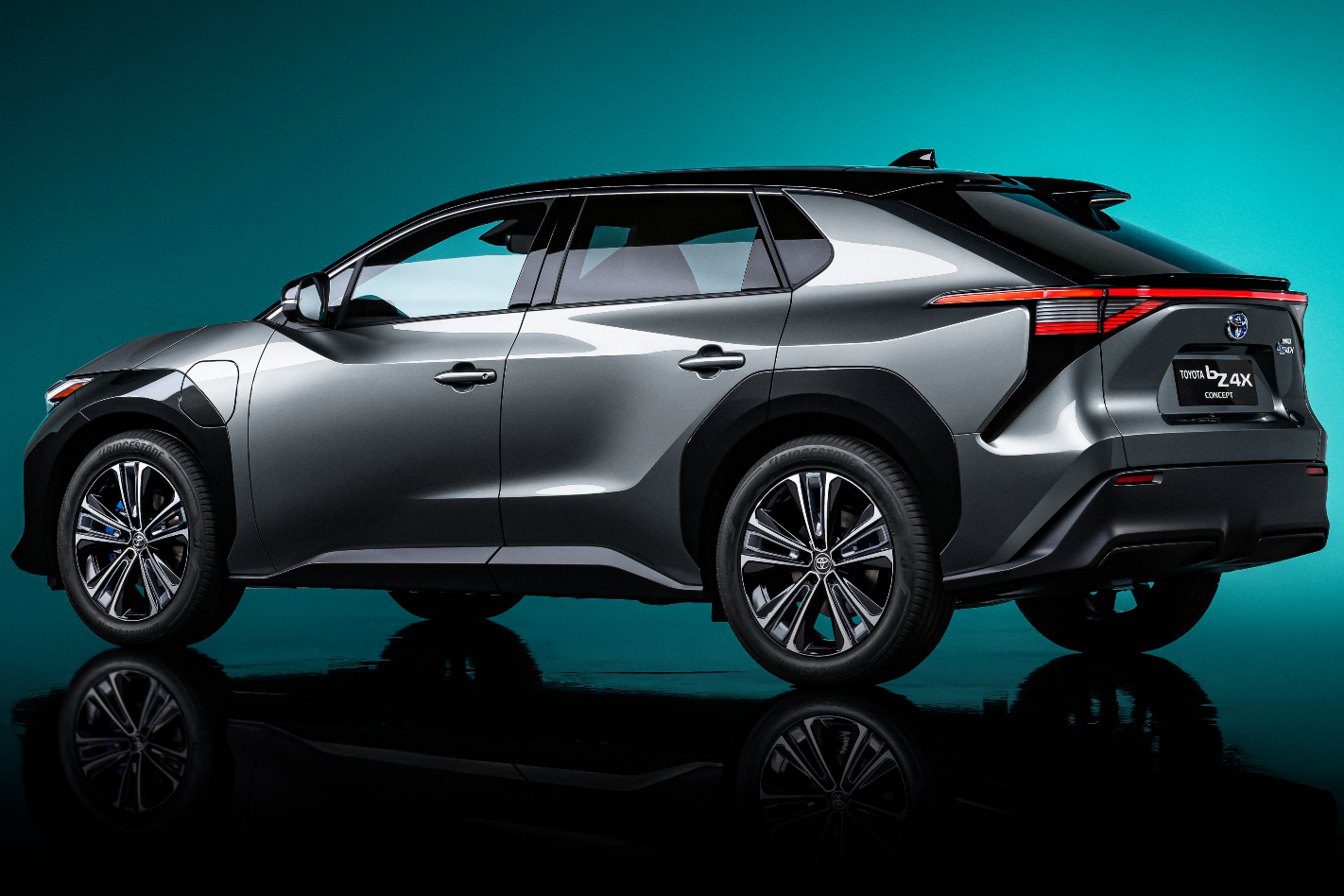
“Some manufacturers have made bad bets on different vehicle technologies that have not succeeded (such as hydrogen for light passenger vehicles), or simply failed to seize the electric opportunity.”
The target set by Australia’s best-selling car brand, Toyota, of only 3.5 million annual BEV sales globally by 2030 was slammed by the council. Toyota’s first pure BEV is the RAV4-sized Toyota bZ4X, which will launch in the second-half of 2023.
Meanwhile, recreational and commercial vehicle brand Isuzu has not set any targets loftier than net zero by 2050. It currently only sells diesel-powered D-Max utes and related MU-X large SUVs
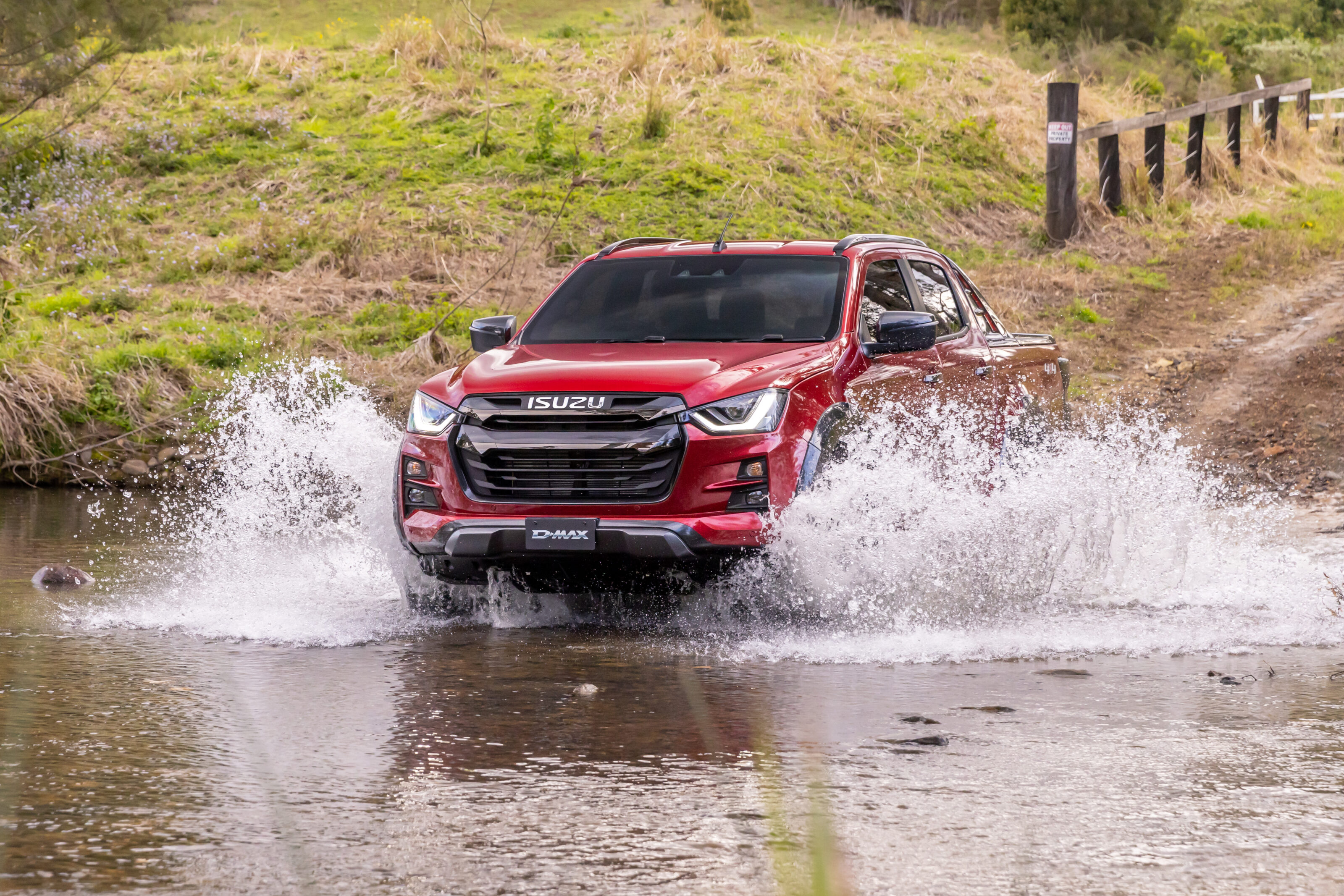
Tesla, Polestar leading the BEV race… with few models
The Council applauded Tesla and Polestar for exclusively selling BEVs today in Australia. Though, the former only has two models – the popular Model 3 sedan and Model Y crossover.
The Sino-Swedish Volvo spin-off only sells the Polestar 2 liftback, but previously offered the limited-run Polestar 1 plug-in-hybrid vehicle (PHEV) overseas.
Notably absent in the Council’s ranking is Build Your Dreams (BYD) which currently offers the affordable Atto 3 small electric SUV via independent distributor EVDirect Down Under. In its home market in China, it produces both pure BEVs and PHEVs.

On the legacy automaker front, Volvo, Ford and Volkswagen lead the zero emissions transition with targets to go all-in on BEVs by 2030, 2035 and 2040 respectively.
Last week, Volvo Car Australia announced it’ll be EV-only even earlier by 2026 locally with five new electric models coming soon spearheaded by th EX90.
Meanwhile, Mazda, Hyundai and Kia will only electrify their line-ups between 2030 to 2040. This includes pure BEVs, PHEVs and potentially hydrogen fuel cell vehicles (FCEVs) in the case of the South Korean conglomerates.
Despite being early to market with Leaf and iMiev, Nissan and Mitsubishi are languishing, aiming for 50 per cent electrification by 2030 with no BEV target.
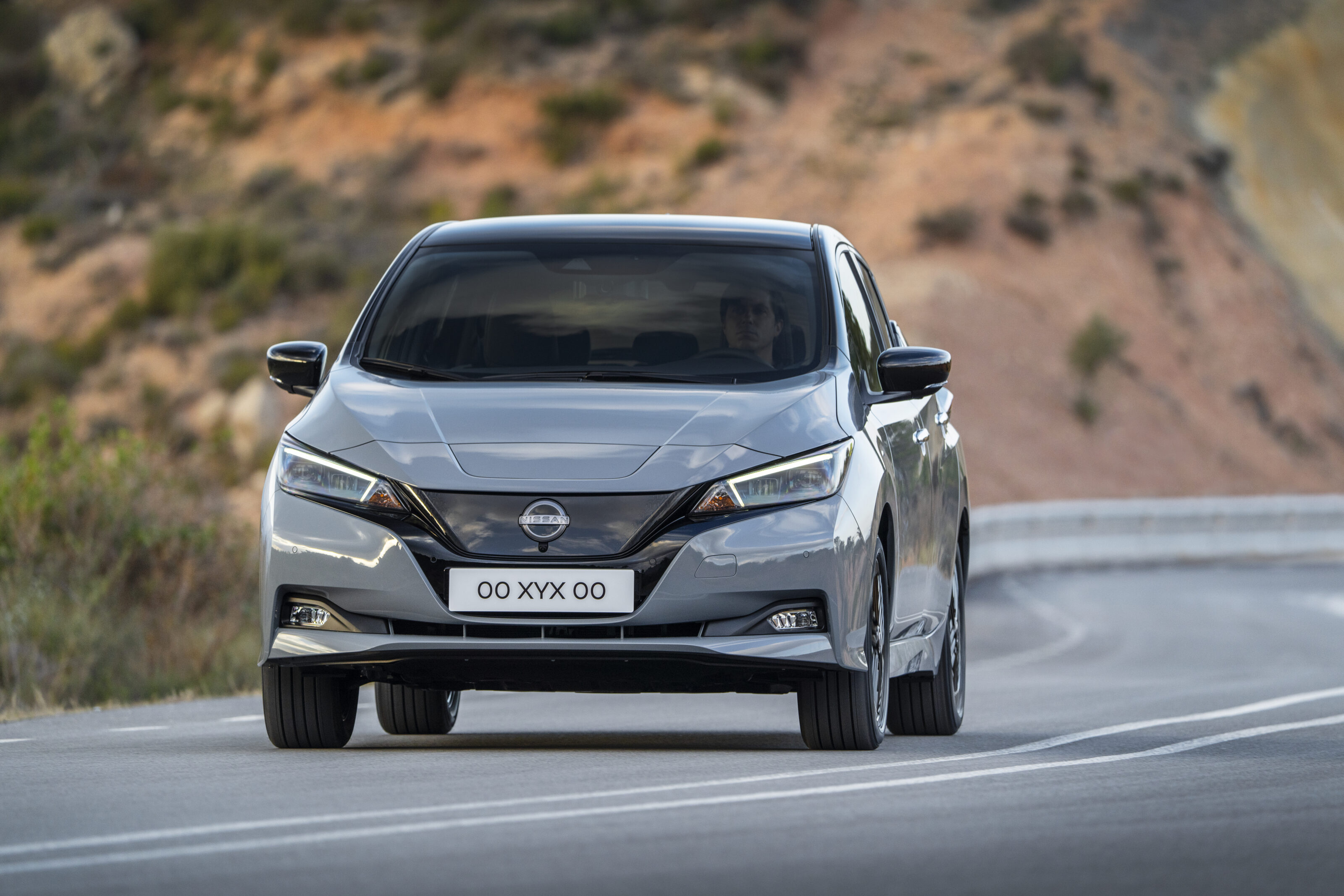
“Strong” fuel efficiency standards needed
With the Federal Government currently drafting the National Electric Vehicle Strategy, the Climate Council said mandating ‘fuel efficiency standards’ – which penalises car companies for exceeding fleet average carbon emissions thresholds like in the European Union – will encourage the carmakers to tackle the BEV transition earlier in Australia.
“Plans like those laid out by Volvo, Ford and Volkswagen prove a rapid transition to fully electric new vehicle sales is realistic and achievable. That means new fuel efficiency standards for Australia should be able to match the pathway forward-looking manufacturers are already on,” the report said.
“Examining the way major international car manufacturers are already re-tooling their fleets shows that should be entirely possible within about a decade.
“Strong fuel efficiency standards will mean more cheap, clean electric vehicles are available in Australia, so that more families can afford to drive them.”
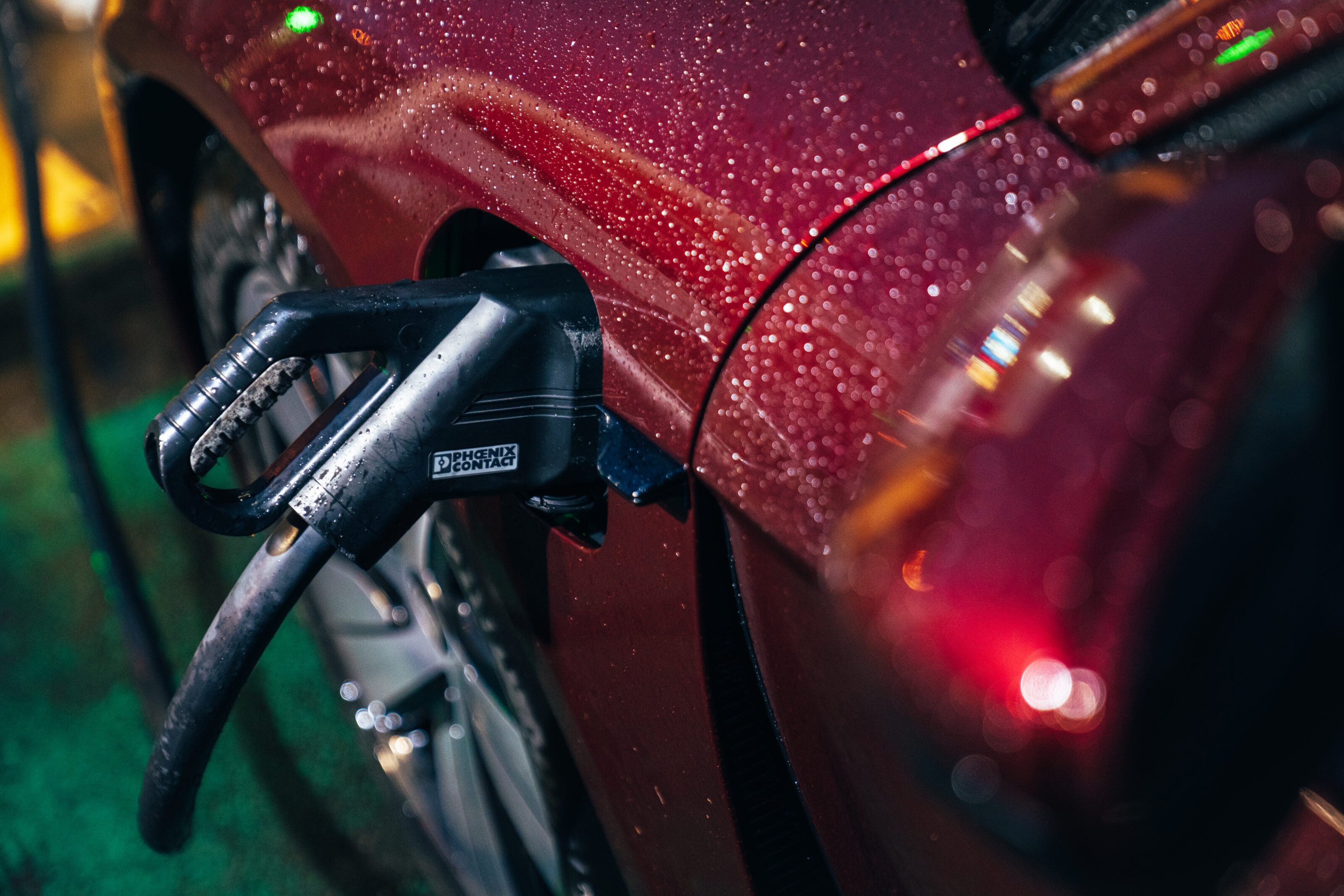
Climate Council EV and BEV targets ranking
| Rank | Carmaker | Target for electrified vehicles (BEV, PHEV, hybrid, FCEV) | Target for full BEVs | Net Zero Commitment |
|---|---|---|---|---|
| 1 | Polestar | Achieved | Achieved | 2040 |
| 2 | Tesla | Achieved | Achieved | N/A |
| 3 | Volvo | N/A u2013 full BEV target only | 50% by 2025 and 100% by 2030 | 2040 |
| 4 | Ford | N/A u2013 full BEV target only | 40-50% by 2030 and 100% by 2035 | 2050 |
| 5 | Volkswagen | N/A u2013 full BEV target only | 50% by 2030 and 100% by 2040 (major markets only) | 2050 |
| 6 | Mazda | 100% by 2030 | 25% by 2030 | 2050 |
| 7 | Hyundai | 100% by 2040 (China, North America and South America only) | 36% by 2030 | 2045 |
| 8 | Kia | 100% by 2040 (China, Europe, Korea and USA only) | 30% by 2030 | 2045 |
| 9 | Honda | 100% by 2040 | N/A | 2050 |
| 10 | Nissan | 50% by 2030 | N/A | 2050 |
| 11 | Mitsubishi Motors | 50% by 2030 | N/A | 2050 |
| 12 | Toyota | ~33% by 2030 | 3.5 million/year by 2030 | 2050 |
| 13 | Isuzu | N/A | N/A | 2050 |
We recommend
-
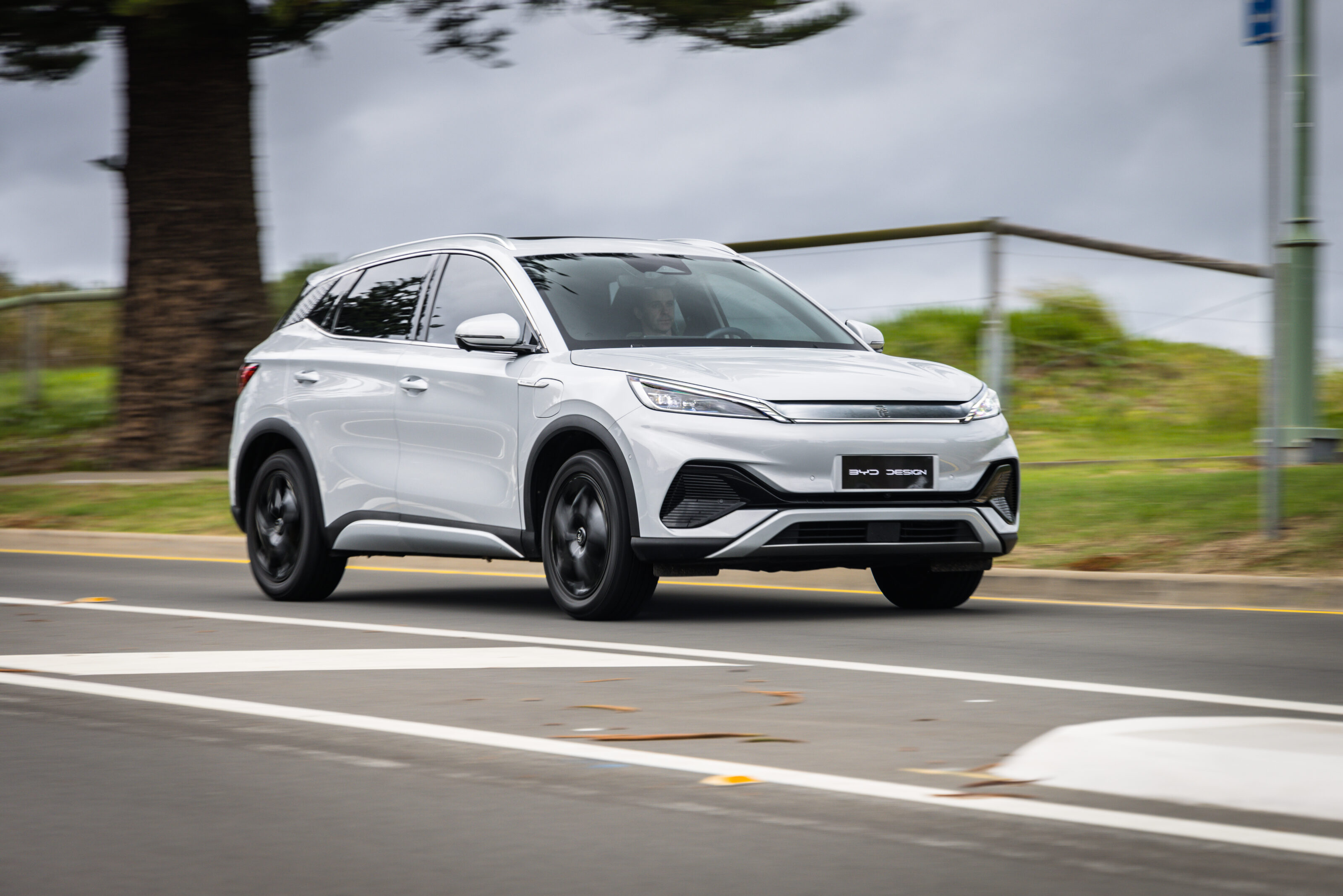 News
NewsNew car emissions target finally on the cards: Federal Govt to launch consultation next month
The electric vehicle strategy will aim to improve EV supply in Australia and reduce emissions from the transport sector
-
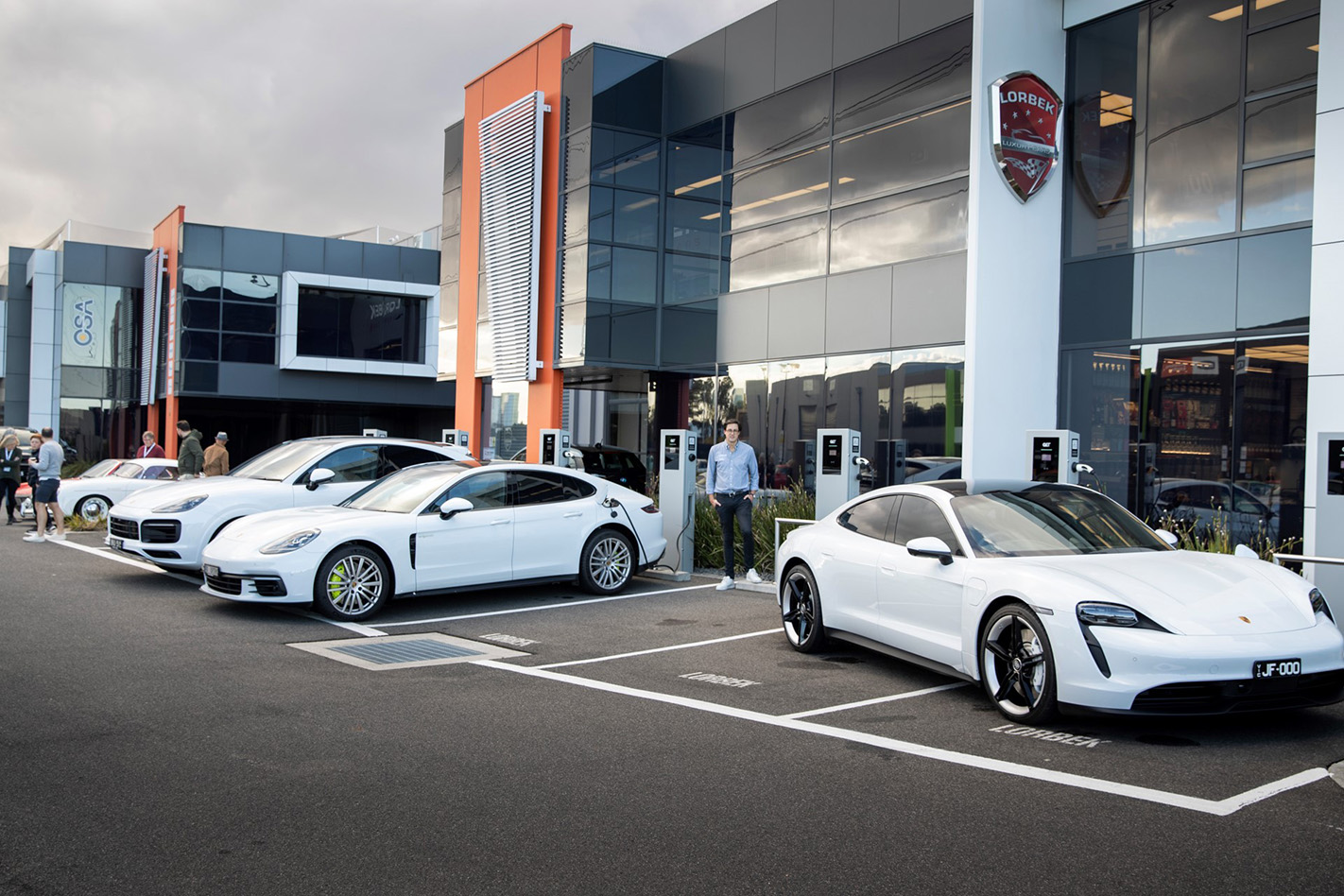 News
NewsBusinesses push for one million EVs on Aussie roads by 2027
An alliance of businesses has formed in Australia, and one of their goals is to add a million EVs to our roads over the next five years
-
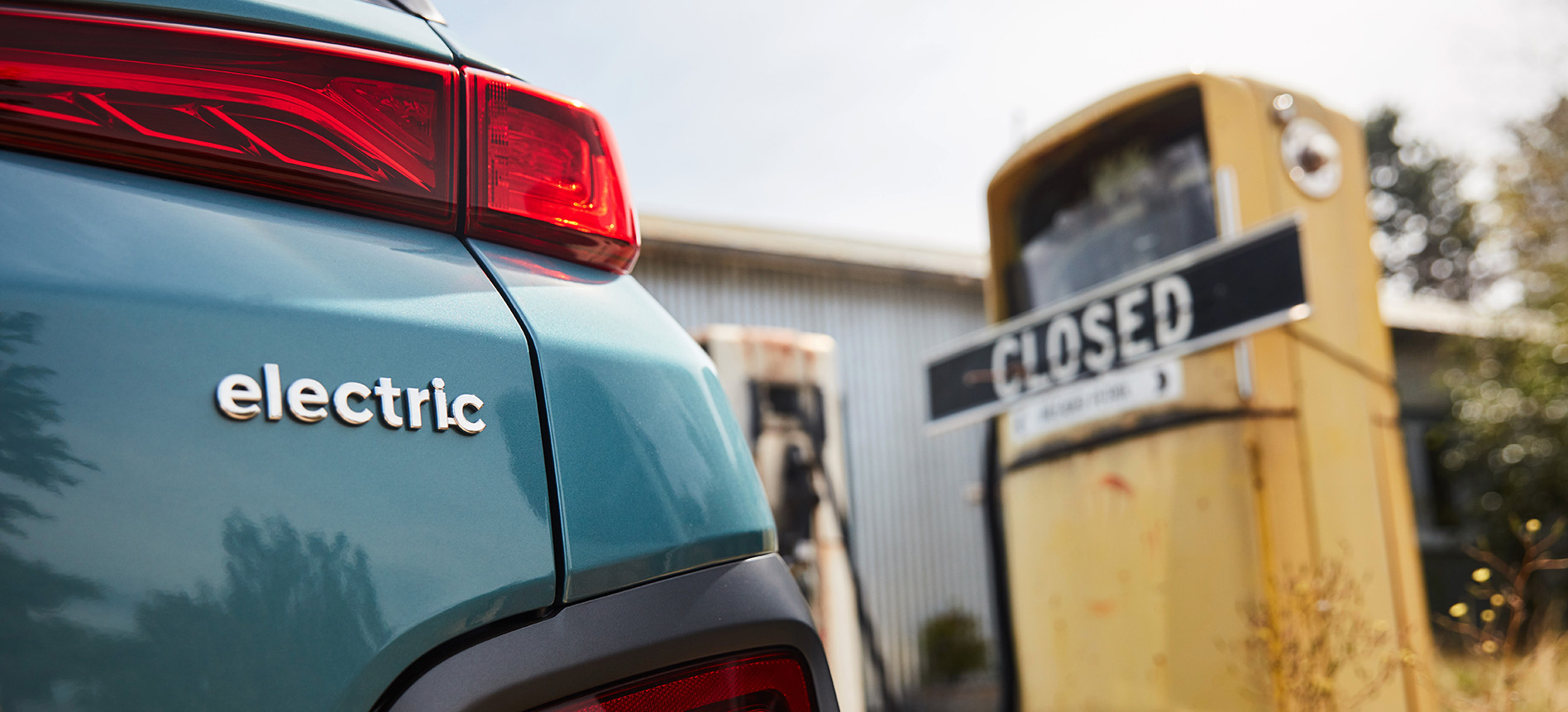 News
NewsEurope bans new combustion engine car sales from 2035
The European Union has reached an agreement to ban the sale of new combustion-engined vehicles from 2035, with some exceptions

